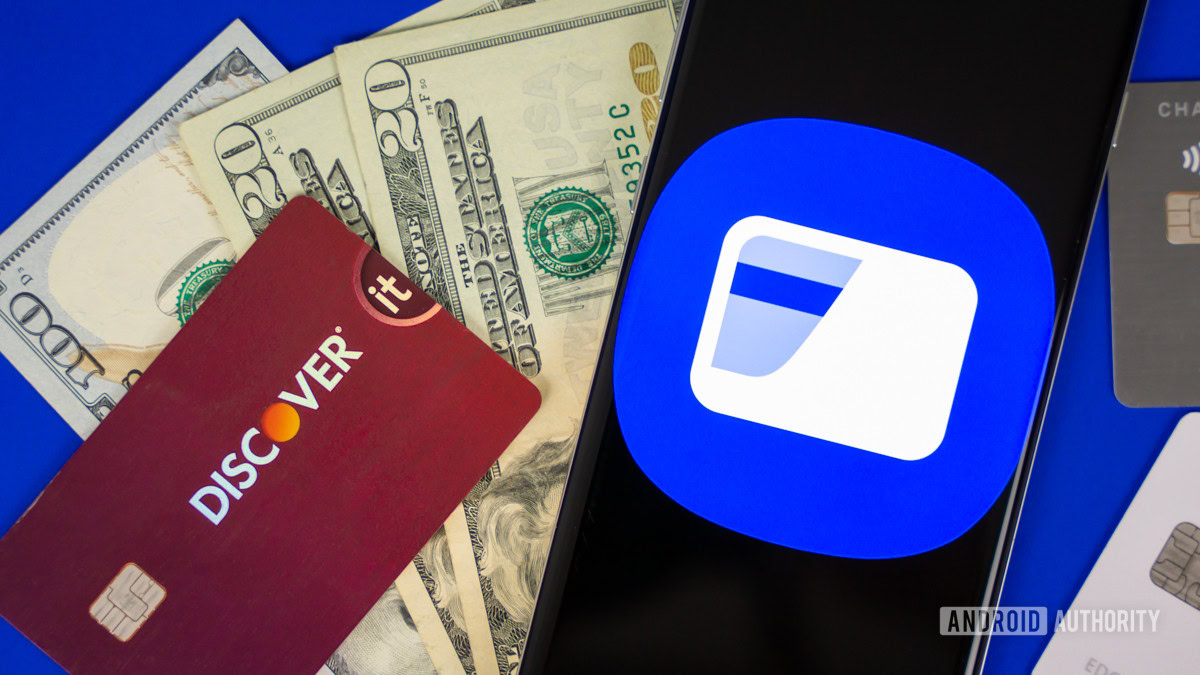Understanding Forex Trading Risks: What Every Trader Should Know
Forex trading, short for foreign exchange trading, is the act of buying and selling currencies to make a profit from their fluctuating values. It’s one of the largest and most liquid financial markets in the world, with daily volumes exceeding $6 trillion.

Forex trading, short for foreign exchange trading, is the act of buying and selling currencies to make a profit from their fluctuating values. It’s one of the largest and most liquid financial markets in the world, with daily volumes exceeding $6 trillion. While the allure of profit is strong, it’s crucial to understand that forex trading is not without its risks.
Whether you're new to forex trading in Dubai or an experienced trader looking to optimize your strategy, acknowledging and preparing for potential risks is the first step to becoming a successful and responsible trader.
Common Risks Associated with Forex Trading
1. Market Risk
The most apparent and omnipresent risk in forex trading is market risk—the possibility of losing money due to unfavorable price movements. Currencies are affected by a myriad of factors including political events, economic data, natural disasters, and interest rate changes. A trader might make an informed prediction, but the market can still move in the opposite direction unexpectedly.
2. Leverage Risk
One of the most attractive features of forex trading is the availability of leverage, which allows traders to control large positions with relatively small capital. However, while leverage can amplify profits, it also magnifies losses. Over-leveraging is a common pitfall for beginners, and even experienced traders can find themselves wiped out if they don’t use proper risk management.
3. Interest Rate Risk
Forex prices are heavily influenced by interest rate decisions made by central banks. When interest rates rise in one country relative to another, it often strengthens the currency due to increased investment demand. Failing to anticipate or misinterpreting central bank moves can lead to significant losses.
4. Liquidity Risk
Although the forex market is highly liquid, there are moments, especially during off-hours or major economic events, when liquidity drops. In such times, it may be hard to execute trades at expected prices, leading to slippage or wider spreads. This is particularly important for traders who rely on scalping or short-term strategies.
5. Counterparty Risk
This is the risk that the broker or financial institution you are trading with defaults or fails to meet its financial obligations. While rare, this has happened in the past, especially with unregulated brokers. This is why choosing a reputable broker is vital, especially when considering a list of best ECN brokers in UAE that are regulated and trustworthy.
6. Country Risk
When trading currencies of emerging or politically unstable nations, there is a risk that geopolitical instability, regulatory changes, or economic crises could impact the value of the currency significantly.
7. Psychological Risk
Trading is not only a test of strategy but also of mental resilience. Greed, fear, overconfidence, and impatience are psychological factors that can lead traders to make irrational decisions. Successful trading requires discipline, a clear strategy, and emotional control.
How to Mitigate Forex Trading Risks
- Use Stop Loss and Take Profit Orders
A stop-loss order automatically closes a trade when the market moves against you by a certain amount, helping minimize potential losses. Similarly, take-profit orders lock in profits when a trade hits a favorable level.
- Implement Risk Management Strategies
Never risk more than 1-2% of your trading capital on a single trade. Diversify your trades and use leverage conservatively. Always have a risk/reward ratio in mind before entering any position.
- Stay Informed
Keep up with global news, economic calendars, and central bank policies. Being informed allows you to anticipate market-moving events and adjust your strategy accordingly.
- Choose a Reputable ECN Broker
An ECN (Electronic Communication Network) broker connects traders directly to the market, offering faster execution and tighter spreads. For those involved in forex trading in Dubai, working with a regulated ECN broker ensures transparency and security.
List of Best ECN Brokers in UAE
If you're trading forex in the UAE, especially in a competitive hub like Dubai, having the right broker can make a huge difference. Here is a list of best ECN brokers in UAE known for their reliability, regulation, and trading conditions:
-
IC Markets
-
Regulation: ASIC, CySEC, FSA
-
Low spreads and fast execution
-
Great for scalping and algorithmic trading
-
Pepperstone
-
Regulation: ASIC, FCA, DFSA (Dubai)
-
Excellent trading platforms (MT4, MT5, cTrader)
-
Transparent fee structure
-
FXTM (ForexTime)
-
Regulation: FSCA, FCA, CySEC
-
Local UAE support
-
Competitive spreads with ECN accounts
-
Admirals (Admiral Markets)
-
Regulation: FCA, EFSA, CySEC
-
Wide range of educational resources
-
Strong global presence with support in UAE
-
XM
-
Regulation: IFSC, ASIC, CySEC
-
No re-quotes or hidden fees
-
ECN-type execution available
Always verify that the broker is licensed with the Dubai Financial Services Authority (DFSA) or Central Bank of the UAE before investing.
The Dubai Forex Market Advantage
Dubai has rapidly become a major financial hub in the Middle East. Traders in the region benefit from strong regulatory oversight, tax advantages, and access to global markets. Engaging in forex trading in Dubai offers both opportunities and challenges. While the infrastructure and legal framework support safe trading, the risks mentioned above still apply—and traders should approach the market with caution and education.
FAQs About Forex Trading Risks
Q1: Is forex trading safe in Dubai?
Yes, forex trading is legal and safe in Dubai when conducted through licensed and regulated brokers. Always ensure the broker is registered with DFSA or the Central Bank of UAE.
Q2: What is the biggest risk in forex trading?
Leverage risk is considered the most significant for beginners, as it can amplify losses rapidly. However, market volatility and emotional trading also pose considerable threats.
Q3: Can I lose all my money in forex?
Yes, if you don’t manage risk properly, you can lose your entire investment. Using stop-loss orders and trading with a sound strategy helps minimize this risk.
Q4: What are ECN brokers and why are they preferred?
ECN brokers provide direct access to other participants in the forex market, ensuring faster execution and lower spreads. They are considered more transparent and fair compared to dealing desk brokers.
Q5: How can I know if a broker is regulated in the UAE?
You can check the broker’s regulatory status on the websites of the Dubai Financial Services Authority (DFSA) or the Central Bank of the UAE.
Final Thoughts
Forex trading can be highly rewarding, but it's not without its risks. Traders should be well-informed, disciplined, and cautious. Whether you're starting forex trading in Dubai or expanding your strategies, understanding the risks and partnering with the best ECN brokers in UAE will set the foundation for long-term success. Education, risk management, and emotional control are your greatest assets in the dynamic world of forex.
What's Your Reaction?
 Like
0
Like
0
 Dislike
0
Dislike
0
 Love
0
Love
0
 Funny
0
Funny
0
 Angry
0
Angry
0
 Sad
0
Sad
0
 Wow
0
Wow
0




















































